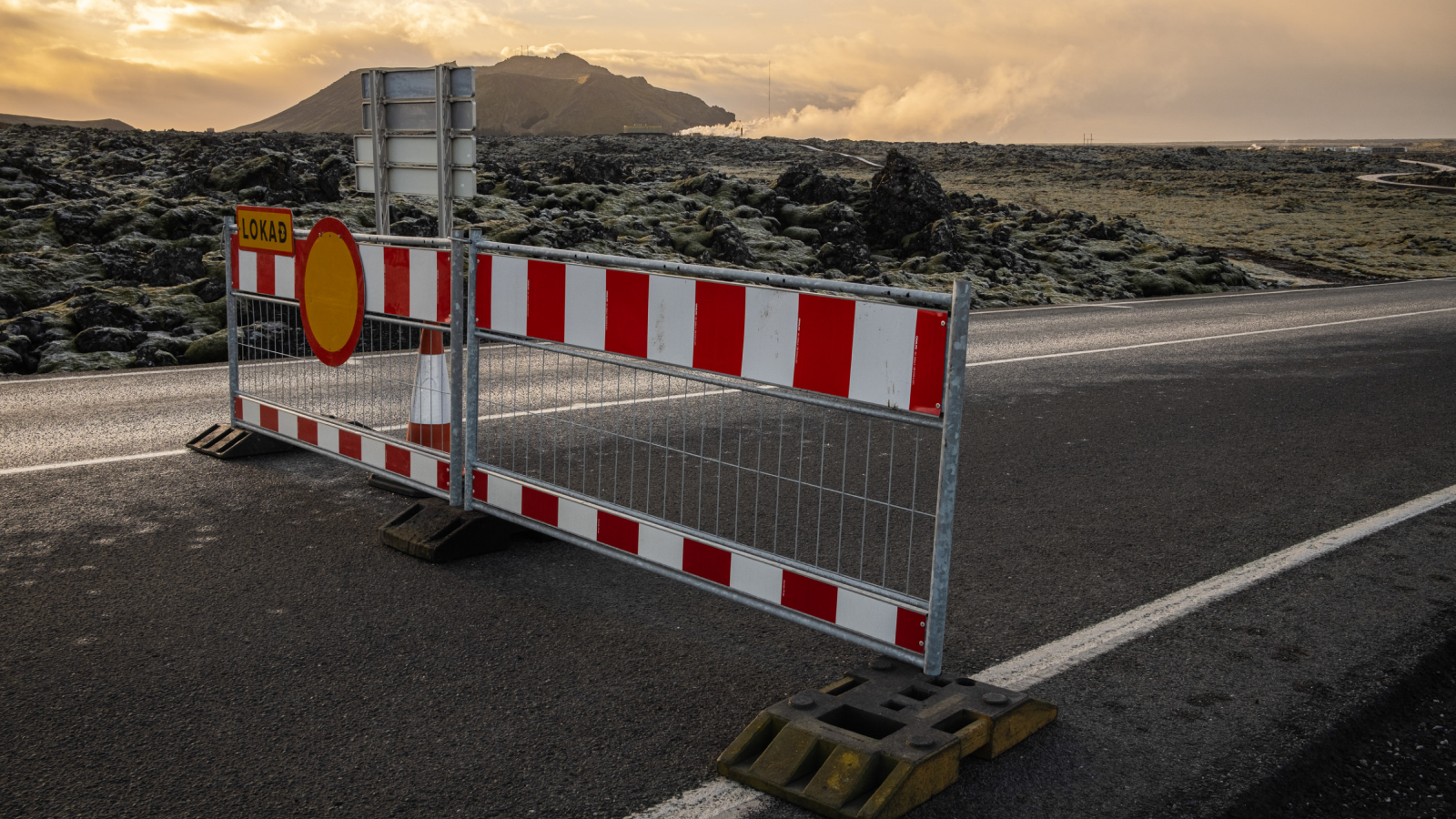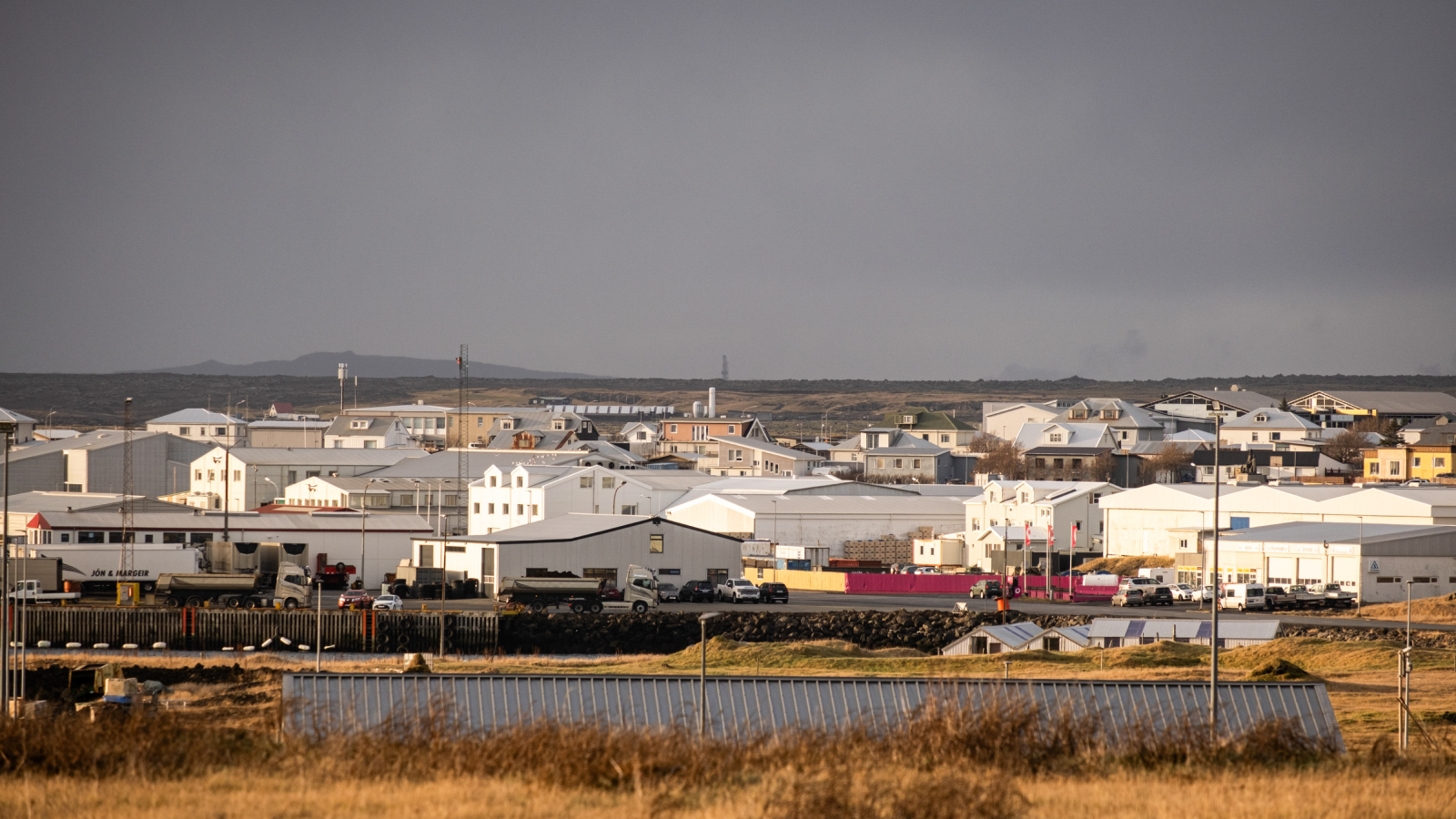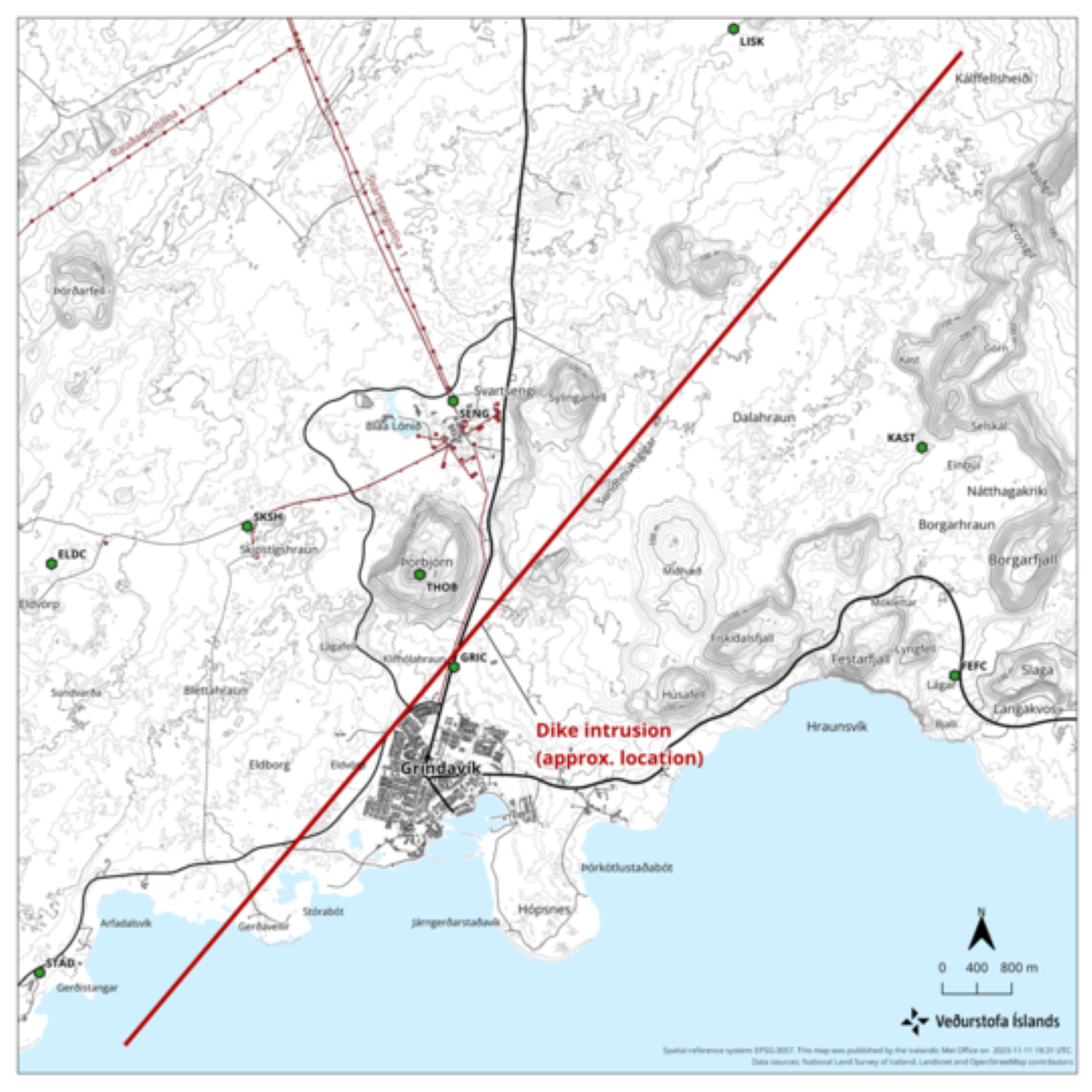Iceland volcano: Eruption feared as 10-mile-long 'magma tunnel' forms beneath town
Authorities in Iceland have warned that a volcanic eruption is imminent, with the town of Grindavík, close to the country's famous Blue Lagoon resort, evacuated.

A volcanic eruption in or near the town of Grindavík in Iceland is now likely imminent, with experts warning that magma is moving closer to the surface.
"An eruption could be possible on a timescale of just days," according to a translated statement from the Icelandic Met Office (IMO).
Grindavík is a small fishing town on Iceland's southern peninsula with a population of around 2,800 people. It is 3 miles (5 kilometers) from the Blue Lagoon geothermal spa, which attracts about 700,000 visitors every year.
Thorvaldur Thordarson, professor of volcanology at the University of Iceland, told the Iceland Monitor that a sinkhole measuring 3.2 feet (1 meter) deep recently appeared in Grindavík, and subsidence in the town had continued: "So it is quite clear that magma has reached a very shallow depth under the town," he said, according to the translated article.
He said the sinkhole appeared under some houses, so it is possible an eruption could take place inside the town.
Thordarson said it is difficult to estimate just how close to the surface the magma is, but it could be just dozens of feet deep. If there was an eruption in the town, the lava would probably move west and into the sea, but "something always goes the other way," he said.
Related: Underwater volcanic eruption gives birth to new island in the Pacific
Sign up for the Live Science daily newsletter now
Get the world’s most fascinating discoveries delivered straight to your inbox.
Seismic activity began increasing in Reykjanes Peninsula on Oct. 25, when more than 1,000 earthquakes north of Grindavík occurred in the space of just hours. Two strong earthquakes, measuring magnitudes 3.9 and 4.5, hit at a depth of around 3 miles (5 km). Over the following two weeks, seismic activity continued, with hundreds of earthquakes and uplift recorded each day, indicating that magma is accumulating beneath the ground.

On Nov. 10, a "dense swarm of earthquakes began," according to the IMO statement. Later that day, authorities declared that the risk posed by the volcanic activity was growing and began evacuating Grindavík. In the statement, IMO representatives said it could be just days before magma reaches the surface.
"There are indications that a considerable amount of magma is moving in an area that runs from [Sundhnjúkagígur] in the north towards Grindavík," the statement said. "The amount of magma involved is significantly greater than what has been seen in the largest magma intrusions that occurred in connection with the volcanic eruptions at Fagradalsfjall."

On Nov. 11, IMO data showed there was a "magma tunnel" about 9.3 miles (15 km) from the north down to Grindavík and into the sea. An eruption could take place anywhere along this tunnel. The magma was at a depth of 2,600 feet (800 m) from the surface at its shallowest point — although the IMO pointed out this data was 12 hours old, so the magma had likely moved closer to the surface since the measurements were taken.
The seismic activity likely released tension in the region, enabling magma to move to the surface more easily. "Models also indicate that magma may emerge at the southern end of the magma tunnel just outside Grindavík," according to the statement.
Magnús Tumi Guðmundsson, a geophysicist at the University of Iceland, told state broadcaster RUV that while seismic activity has now slowed down, "that does not tell us anything about what happens next." He said the most likely scenario was an eruption near Grindavík.
Authorities are now waiting for updated data to establish the depth of the magma and will release new information as it becomes available.

Hannah Osborne is the planet Earth and animals editor at Live Science. Prior to Live Science, she worked for several years at Newsweek as the science editor. Before this she was science editor at International Business Times U.K. Hannah holds a master's in journalism from Goldsmith's, University of London.










